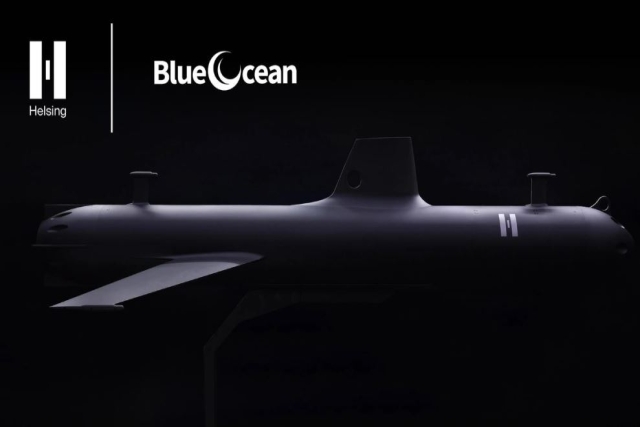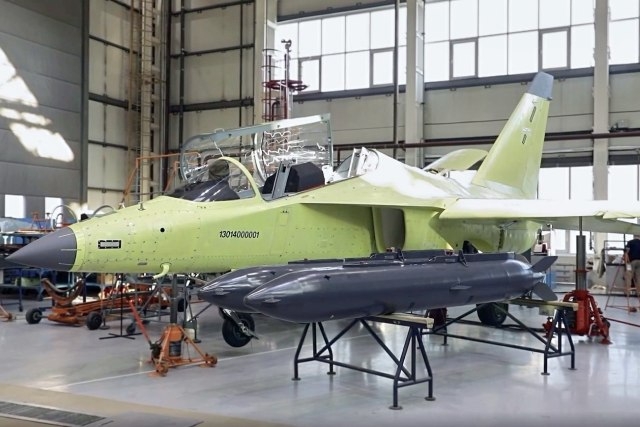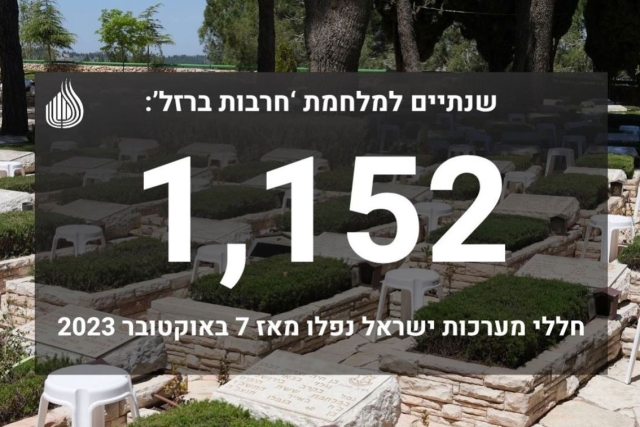Deco-Nayar Offers Modern Training For Indian Special Forces

Mr. Rajbikram S. Nayar, Chairman and Managing Director, Deco-Nayar
In an interview with defenseworld.net, Mr. Rajbikram S. Nayar, Chairman and Managing Director, Deco-Nayar talks about the current level of training in India for anti-terrorism and similar threats, as well as his company's training strategy.
DW : Kindly describe the kind of training you impart.
Rajbikram S. Nayar: Our curriculum varies from counter-terrorism to counter-narcotics and the whole spectrum in between. The training modules cover everything from hostage negotiation to hostage intervention, post blast investigation, dealing with IEDs, strategic weapons and tactics training.
DW : Are there any international standards or levels, which trainees in India need to achieve?
Rajbikram S. Nayar: Yes. A lot of this training will be based on the US standard, as well as on the British, the Germans and the Israelis. U.S. standard is probably one of the best in the world in this area because the type of people who do the training. For example: the ex-Navy Seals, ex-FBIs, ex-MI5, Delta Force, Rangers, SAS.
DW : What according to you is the current level of training in India for anti-terrorism and similar threats and how will your venture make a difference?
Rajbikram S. Nayar: Currently in India, training generally resides with the NSG, or it resides with the Force One in Maharashtra, or with the Octopus in Telengana, Andhra Pradesh. But the challenge is that as India’s population continues to grow and the migration of population enters the urban centers, we are going to see more and more urban terrorist threats, besides the threats that already exist from a Naxalite perspective. The Police ultimately is going to rely on creating their own anti-terrorism squads which will require voluminous type of activities and each State may need 2-300 people dealing with terrorism. This comes all the way from technology to hardcore training in the physical sense. There are several ways in which our venture will make a difference. One, we will have the right type of trainers; two, we will work on train the trainer model. Three, we will have a sustained approach over multi-year programmes and finally, we will have people based here to do the training in the compound of the Indian law-enforcement agencies.
DW : How big do you think the market is for the specific kind of training that you impart?
Rajbikram S. Nayar: I really can’t say. The reason is because it’s not been really explored. Generally training currently comes under the BRPD (Bureau of Research and Police Department) domain. They have a published budget that in the public domain, which is fairly insignificant. But at the macro level, India has traditionally funded homeland security, lets say at a larger level instead of training, anywhere in the range of about 1% of GDP. Whereas about 2.5% the GDP is generally for defence sector. What is interesting to note here is that globally the number is reversed. In absolute terms of course the numbers would be different in respect to different countries, but the homeland security budget is generally greater than the defence budget worldwide. So the market is fairly large but I can’t quantify numbers right now.
DW : Will training induce a demand for specialized equipment? And if so could you briefly describe the special equipment needed.
Rajbikram S. Nayar: With our training we also provide specialized gear and equipment which is pertinent to training. Besides these there are all types of equipments like unmanned aerial systems equipments with payloads to help in look through some sort of foliage. There is also technology communication equipment for interception jammers, to identify threats like unidentified bags left in Railways, Malls.









